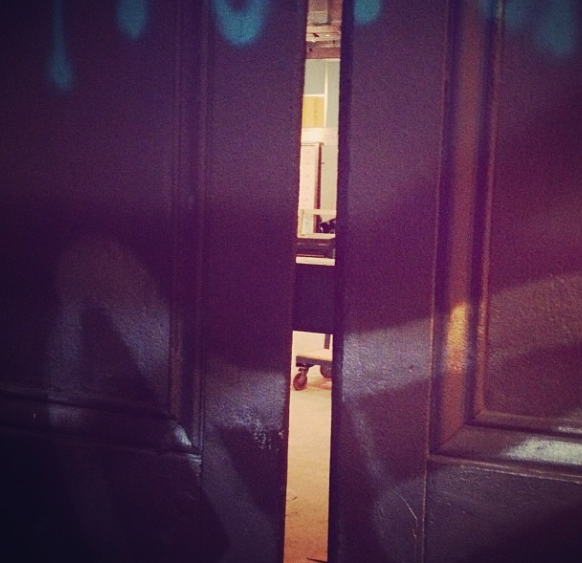

The element of surprise is an asset.
Regardless of what kind of work you do, becoming a master of
the unexpected will take you far in life.
I’m reminded of my favorite scene in The Devil’s Advocate, when Al Pacino reveals his litigation philosophy
to apprentice lawyer, Keanu Reeves:
“I’m a surprise,
Kevin. The jury, the witnesses, and opposing council, they don’t see me coming.
And that’s why I win. I’m the hand up Mona Lisa’s skirt.”
The question is, why does the unexpected work so well?
Because the human brain loves surprises.
When something
breaks our patterns, violates our expectations or upsets our schemas, there’s a
biological response. Surprise sets off a chemical reaction that triggers
alertness, snaps our brain to attention and sears the moment into our memories.
“No way. Get outta
here! Are you serious? He didn’t.”
Did you know there’s actually a name for these exclamations?
They’re called reaction
tokens. The American Sociological Association ran a study that defined the
expression of surprise as “an eruption or leakage of internal, individual,
physiological or psychological states.”
Which makes total sense, considering the word surprise
derives from the verb surprendre, or,
“overcome with emotion.”
And what’s interesting is, the brain isn’t the only body
part involved.
Our mouths and fingers have a reaction to surprise as well.
Because of our native programming, once the surprising moment
comes and goes, there’s an innate human urge to pass along the story about what
surprised us. We can’t help ourselves. Humans are hardwired as social
creatures. Storytelling is the glue that holds our communities together. And to
share is to belong.
Ultimately, if we want to become known for a unique way of
interacting with the world, being unexpected is a great place to start.
Because surprise isn’t just an interesting story, it’s an
interactional achievement.
